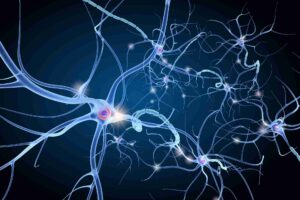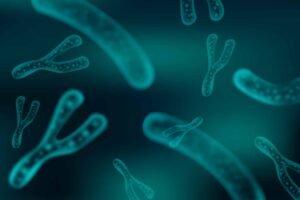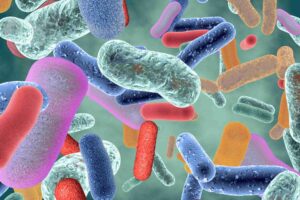gut microbiota
Scientific research
To elucidate the role of the microbiota in PSC, researchers studied a type of immune cells called mucosal-associated invariant T (MAIT) cells, which are abundant in the liver.
Scientific research
Researchers have found that gut microbes can help frogs to cope with hot temperatures. The findings could pave the way to for new conservation approaches for animals threatened by climate…
Immunology, Neuroscience
The impact of age-induced microbiota alterations facilitates the accumulation of CML metabolite in the microglia of mice and humans.
Cardiology
Researchers uncover the gut microbiota changes that happen in the very early stages of heart disease. The microbial and metabolic profiles identified could be used as markers of the transition…
Endocrinology
A recent study investigates the role of the gut microbiota in helping the gallbladder regulate the innate immune response
Dermatology, Oncology
The findings could help to develop microbiota-based strategies to advance immunothery treatments for melanoma.
Nutrition
New research reveals that ocean-derived genes are common in the human microbiota, highlighting the interplay between diet and adaptation of human gut microbes.
Gastroenterology
Researchers have found that β-carotene modifies the abundance of certain gut microbes and improves the intestinal dysfunctions
Neuroscience
Researchers have found that some gut microbes may be connected to depression, thus highlighting that the intricate relationship between humans and their microbiota could have important health implications.
Gastroenterology
Researchers have now found that the interactions between existing gut commensals sets the odds for whether new microbes are acquired.











